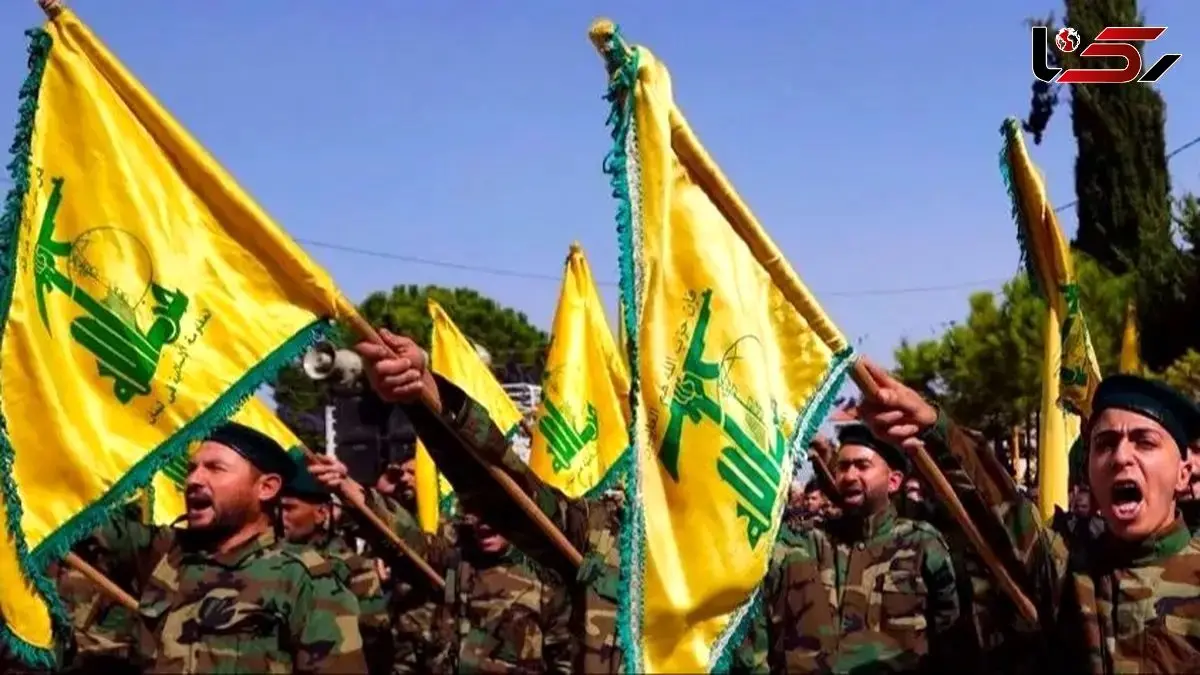Three Major Israeli Concerns Regarding Hezbollah
Is Israel Planning a New War?
Rokna Political Desk: Is Israel on the Verge of a New War with Hezbollah? Rising tensions and aggressive positions from Tel Aviv against Hezbollah, coupled with concerns over the movement’s renewed strengthening, have increased the likelihood of a military confrontation.

In recent weeks, the aggressive rhetoric of Israeli political, military, and intelligence officials against Hezbollah has intensified, fueling growing speculation about the possibility of a new war against the Lebanese movement. One year after the ceasefire agreement between Hezbollah and Israel—and shortly after the ceasefire in Gaza—the prospect of a direct confrontation between the two sides is once again emerging as a serious scenario.
According to Fararu, Israel has repeatedly violated the ceasefire with Hezbollah over the past year, carrying out extensive bombardments across various parts of Lebanon—particularly in the south—with the aim of assassinating Hezbollah commanders and destroying the group’s infrastructure. At the same time, monitoring Hezbollah’s movements has generated three serious concerns for Tel Aviv that it cannot afford to overlook.
1) Rapid Restoration of Hezbollah’s Capabilities
Most official and unofficial Israeli media outlets and platforms stress that Hezbollah has restored its capabilities far more quickly than initial assessments predicted. Some Hebrew-language sources even claim that part of the group’s weapons production now takes place in Beirut. However, Tel Aviv’s primary concern is the preservation and stability of Hezbollah’s supply lines—especially through Syria.
This means that the Lebanese resistance, alongside other elements of the “Axis of Resistance,” continues to strengthen itself through Syria using diverse and covert methods, particularly in terms of weapons supply. According to Israeli intelligence sources, detecting and disrupting these routes has proven difficult, fueling Tel Aviv’s growing sense of anxiety. More importantly, reports indicate a structural rebuilding within Hezbollah; the identities of the new command tiers remain unknown to Israel, and Tel Aviv believes it has lost part of its “intelligence cards” after recent developments, weakening its advantage in the intelligence battle.
2) The Puzzle of Syrian Army Weapons Depots
Over recent years, Hezbollah has developed deep cooperation with Syria’s military and security structures. Some Israeli analysts now fear that the group may have gained access to certain hidden and significant weapons depots of the Syrian army, thereby strengthening its position of power. A similar pattern was observed after the collapse of the Soviet Union, when portions of Soviet weaponry surfaced in unexpected destinations. Current assessments suggest that Hezbollah may also have substantial “cards” to reveal in this domain—yet undisclosed to the public.
3) Strengthening of Hezbollah’s Social Base
Developments following the ceasefire between Hezbollah and Israel indicate that the movement has managed to activate and display its popular support during the calm period. The participation of hundreds of thousands of people in the funeral ceremonies of the martyred Sayyed Hassan Nasrallah, and the broad engagement of resistance supporters in various events—particularly in southern Lebanon—have elevated Hezbollah’s profile as a movement with significant social backing in regional and global public opinion.
In such an environment, any new Israeli adventurism against Hezbollah could mobilize not only the group’s military structure but also its popular capacities in response to an invasion of Lebanese territory. According to Lebanese sources, Hezbollah has adhered to the ceasefire in recent months, while Israel has repeatedly violated it—a pattern that undermines Tel Aviv’s arguments for legitimizing any potential aggression and increases the associated costs.
Send Comments